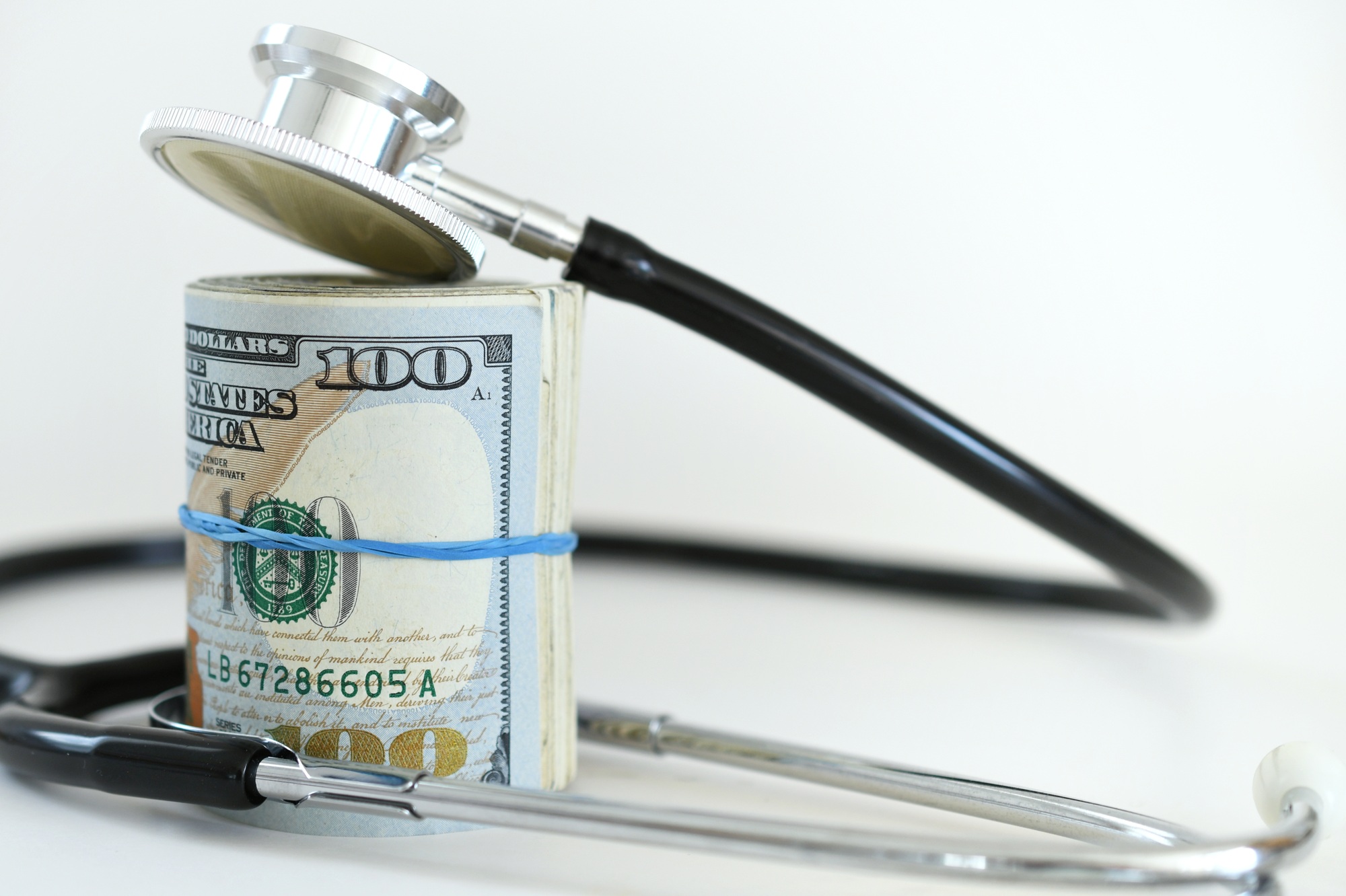The rise of unexpected medical expenses has become a pressing concern for millions of Americans. As healthcare costs continue to climb, many individuals are finding themselves burdened with debt that they never anticipated. According to a recent report from the Kaiser Family Foundation, approximately 79 million people in the United States struggle to pay their medical bills. This situation not only affects the financial health of individuals but also poses significant risks to their credit scores.
Market Impact
The financial implications of medical debt are profound. The Consumer Financial Protection Bureau (CFPB) indicates that about 43 million Americans have at least one medical bill in collections, which can severely impact credit profiles. In fact, recent analysis by Experian suggests that medical debt collections are one of the top reasons for lower credit scores, leading to higher interest rates on loans and mortgages and even hindering job opportunities.
Furthermore, with the increasing prevalence of high-deductible health plans, many consumers are left to shoulder a larger portion of their healthcare costs. This has led to more individuals turning to credit cards, personal loans, or payment plans, which can create a vicious cycle of accumulating interest and deepening financial strain.
Strategies to Manage Medical Debt
One of the most critical steps in managing medical debt is to communicate with healthcare providers and creditors. Many hospitals and clinics offer financial assistance programs that can alleviate costs, especially for low-income patients. In addition, it is essential to review the medical bills carefully. Errors in billing are commonplace, and contesting inaccuracies can reduce the overall debt.
If a medical bill is unavoidable, consumers should consider setting up a payment plan. Negotiating a manageable monthly payment can help avoid the pitfalls of collections and maintain a steady cash flow. Establishing a budget can further assist individuals in managing their finances, ensuring they can meet essential obligations without defaulting on their medical expenses.
For those facing insurmountable debt, options such as debt consolidation or seeking advice from a credit counselor may provide relief. Credit counseling agencies can assist consumers in creating personalized plans to tackle debts while protecting their credit scores.
Expert Opinion
Industry experts stress the importance of proactive measures when facing medical debt. “Understanding your rights when it comes to medical debt is imperative,” said Dr. Ray Basch, a healthcare economics expert. He notes that a significant number of medical debts do not need to result in collections, especially if addressed promptly. Basch advocates for increased transparency in healthcare pricing and better education for patients regarding their financial obligations.
Additionally, credit experts recommend regularly monitoring credit reports. Individuals are entitled to one free credit report from each of the three major reporting agencies annually. By staying informed about their credit status, consumers can take necessary steps to improve their scores and address any discrepancies resulting from medical debts.
Background
The nexus between healthcare and finance has garnered increased attention in recent years, particularly with the implementation of the Affordable Care Act. While this legislation broadened access to insurance, it has not completely shielded individuals from high out-of-pocket costs. As a result, many Americans are caught in a financial quagmire where the costs of necessary medical treatments exceed their economic ability to pay.
Furthermore, the COVID-19 pandemic exacerbated financial difficulties for many, leading to a surge in medical debt accumulation. The U.S. Treasury Department has reported that healthcare providers have faced financial strains, which have, in turn, impacted patients navigating their medical expenses during the ongoing crisis.
What’s Next
As legislative efforts continue to improve healthcare affordability, individuals are advised to equip themselves with knowledge regarding medical billing and financial assistance resources. Enhanced consumer protections and advocacy for clearer billing practices could mitigate the future impact of medical debt on credit health.
In conclusion, navigating medical debt requires diligence and informed decision-making. By understanding their rights, seeking assistance, and utilizing available resources, consumers can manage their medical expenses effectively without jeopardizing their credit scores. With ongoing discussions around healthcare reform, it remains vital for individuals to stay engaged and proactive in their financial planning to avoid the crippling effects of medical debt.








